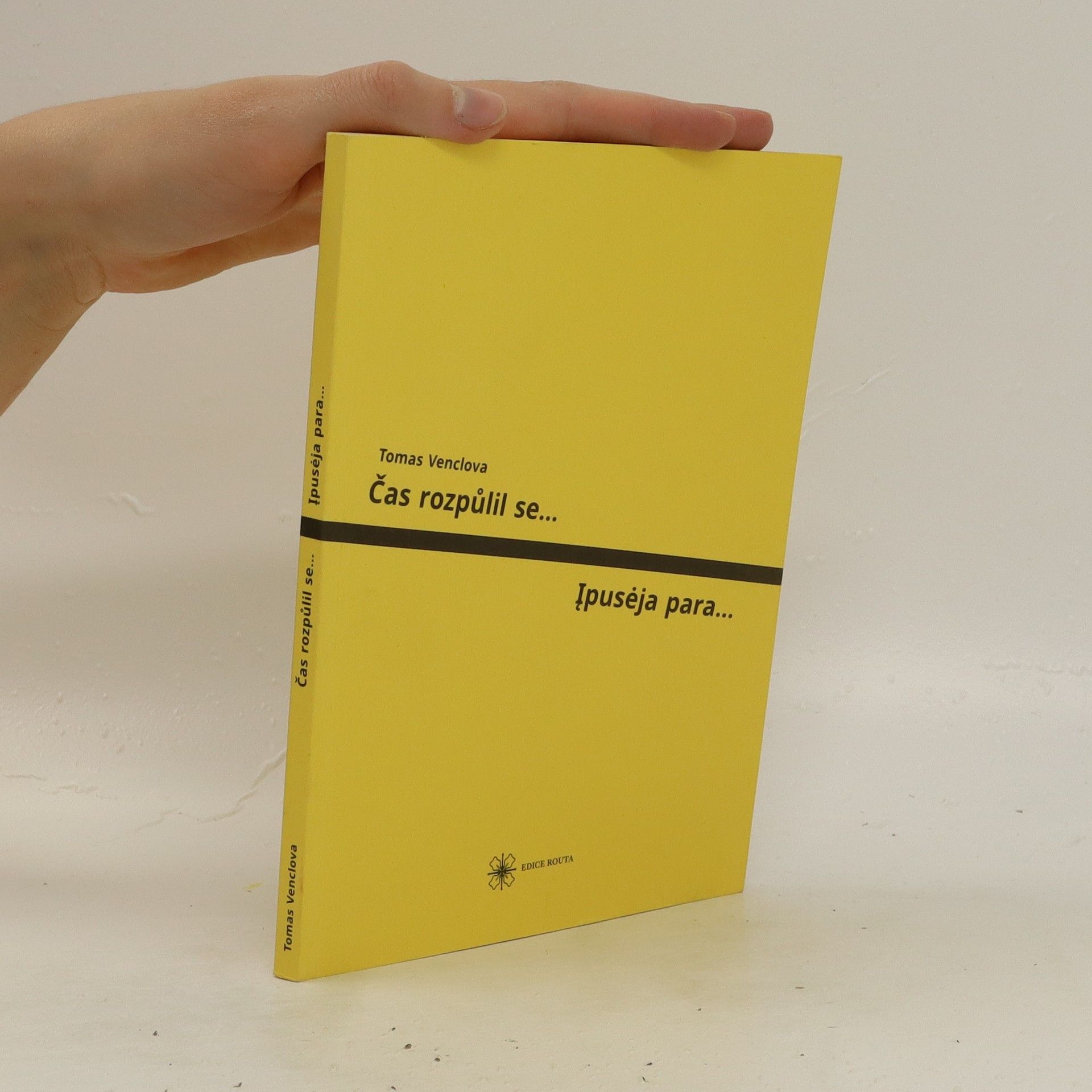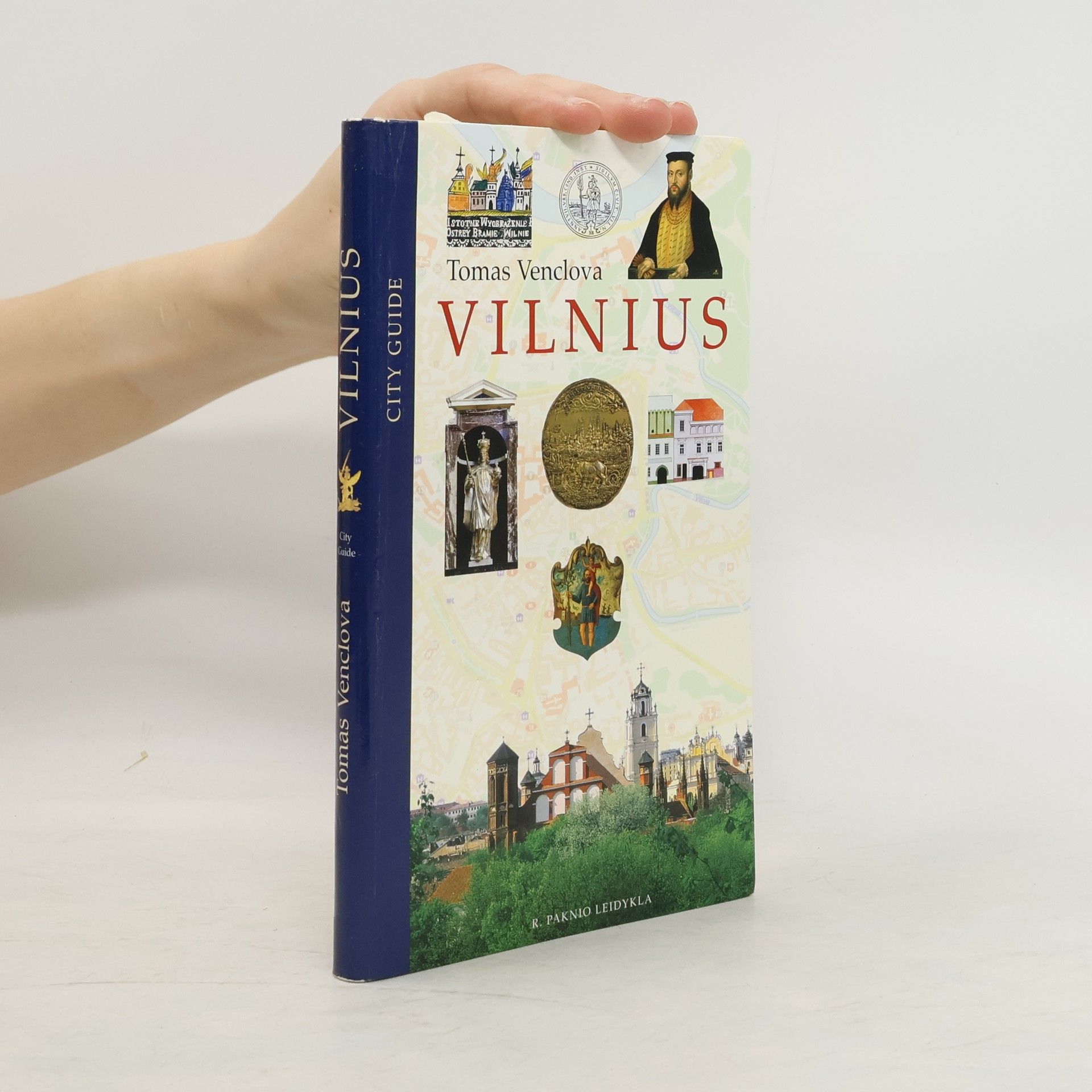Variation über das Thema Erwachen
Gedichte Edition Lyrik Kabinett
Lyrik aus Litauen – „Tomas Venclova ist Litauens Stimme in der Weltliteratur. Ein lakonischer Elegiker und moderner Klassiker.“ Carsten Hueck, Deutschlandradio Kultur Tomas Venclova ist einer der großen Dichter unserer Zeit. In seiner Heimat Litauen erlebte er den langen Winter des Totalitarismus, wegen seiner kritischen Haltung kam er in Bedrängnis. Es folgten Exil, Reisen und Heimkehr – die Lebensthemen seiner Lyrik –, doch als dieser unfreiwillige Weltbürger schließlich zurückkehrte, war das Land ein anderes. Was unverändert blieb, ist die rettende Kraft der Sprache. Stets beruft sich Venclova auf die Tradition der europäischen Literatur – von der griechischen Klassik bis zur Moderne. Lakonie, kristallklare Eleganz und feiner spöttischer Witz zeichnen seine Poesie aus, jene „unwirkliche Wirklichkeit", die sich unauflöslich mit der Erfahrung der Welt verwebt.





